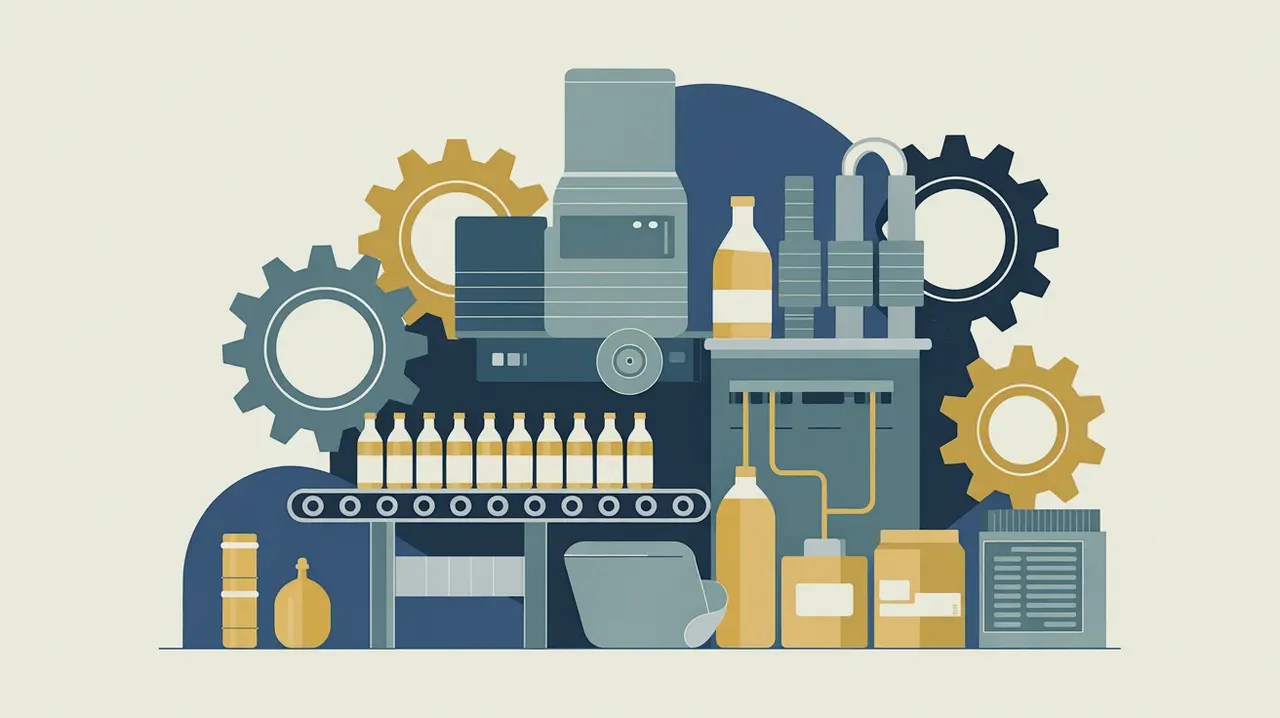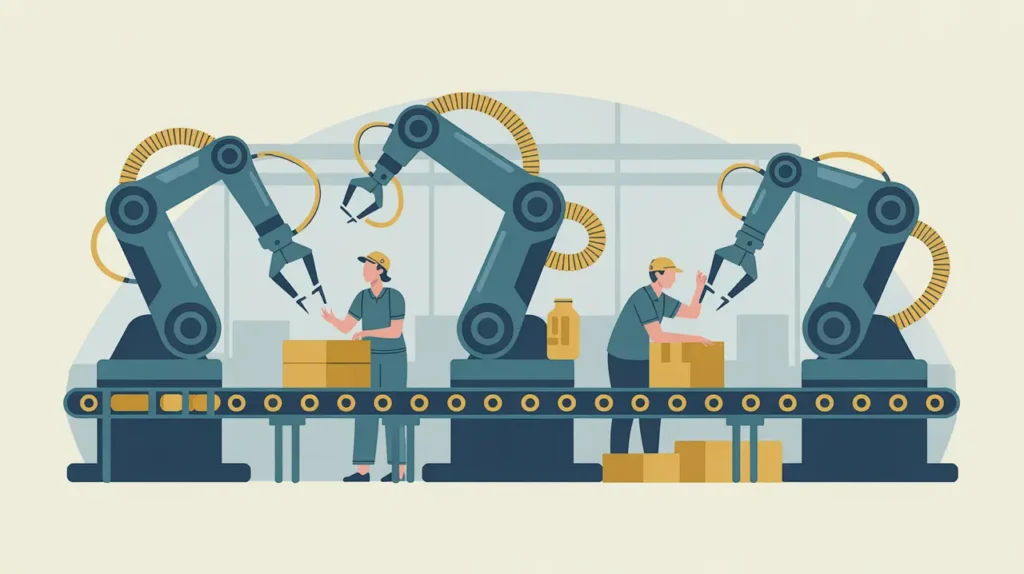Importance of Food and Beverage Manufacturing
Food and beverage manufacturing is a key link between agricultural production and consumer markets, shaping what people eat and how food systems function. In international development, it contributes to economic growth, job creation, and food security by adding value to raw agricultural products. For nonprofits and social innovators, this sector matters because it influences nutrition, affordability, and sustainability across entire food systems. Its importance lies in connecting farmers, processors, and consumers in ways that can drive inclusive growth and healthier outcomes.
Definition and Features
Food and beverage manufacturing refers to the industrial processing and transformation of raw food and drink ingredients into packaged, distributed, and consumable products. Its defining features include:
- Value Addition: converting crops and livestock into market-ready goods.
- Nutrition and Safety: ensuring quality, shelf life, and regulatory compliance.
- Scale and Diversity: ranging from small artisanal operations to multinational corporations.
- Market Integration: linking rural producers with urban and global markets.
How this Works in Practice
In practice, food and beverage manufacturing involves activities such as milling, bottling, packaging, and processing. For example, small-scale dairy processors may turn raw milk into cheese or yogurt for local markets, while large plants produce fortified cereals or bottled drinks for mass distribution. Development programs often support local food processors through financing, technical training, and quality certification to increase competitiveness and safety. Challenges include high energy costs, limited cold chain infrastructure, food waste, and environmental impacts of processing and packaging.
Implications for Social Innovation
Food and beverage manufacturing has strong implications for social innovation because it links nutrition with livelihoods and sustainability. Innovations include fortification to reduce micronutrient deficiencies, circular economy models to reduce waste, and cleaner technologies that lower carbon footprints. For proximate actors, access to manufacturing opportunities expands income potential and market participation. Food and beverage manufacturing is essential for transforming agricultural production into accessible, nutritious, and marketable products that support development.







